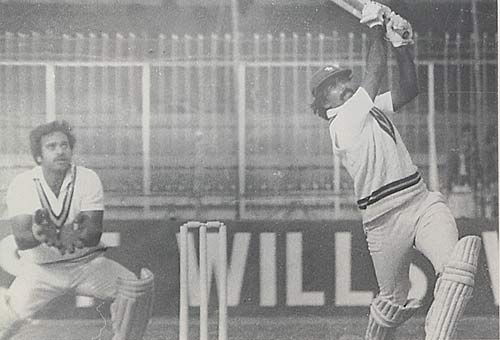It was neat to connect with with "S" and "J" over
lunch (grilled chicken breast on focaccia, with brie, caramelized onions, local apple, garlic dill aioli.)
A short walk back to the car, and northward bound I was again.
After holding steady in the mid to high 80s, the temperature started shooting up past the mid 90s, and was nearly into the triple digits when I pulled into the
rest stop a little over an hour later. But,
I didn't worry much, because I was confident that the temperature would rapidly drop soon. It did, and the winds picked up as well.
As I neared Salinas, it was barely at 70 degrees.
I swung by Salinas all because of John Steinbeck. Years ago, I was in Monterey, which Steinbeck made familiar to us even in India through
Cannery Row. Later, living in Bakersfield meant that I was right there in the locale described in
The Grapes of Wrath. I have read a few short stories of his also.
A couple of years ago, I noticed on the first day of classes that a female student had the last name of Steinbeck. As students introduced themselves one after another, when it came to her turn, I remember asking her after her self-intro, "are you related to
the Steinbeck?" She excitedly said yes. I asked her if she gets asked this question all the time. Her repose shocked me: in her couple of years in college, that was the first time ever that she was asked that question. Naturally, I took a couple of minutes to engage the class about Steinbeck, and it was even more depressing that very few of the students had ever read anything at all by Steinbeck. Apparently none of his works are good enough for a high school English literature canon?
So, of course, I wanted to swing by Salinas and check out the place where he was born and also visit the
National Steinbeck Center.
Even before the exit, and while driving into town, I couldn't help thinking that it looked like a run down place. As I drove through the town via John Street, I was shocked at how economically poor the town seemed.
The more I drove in town, the more I felt I was not enjoying this. I had assumed--yes, my mistake--that with all the Steinbeck heritage, and its proximity to Silicon Valley, that the town will be, well, very different from what I experienced. It was as if somebody played a joke on me--inviting me to a party, but intentionally giving me the incorrect address!
I decided to skip the Steinbeck Center, and simply get the heck back on the freeway. But, perhaps coffee first?
I parked. I took out my camera, but decided against using it. It says a lot when don't feel like clicking especially when I had so much planned on coming here. I walked a few paces to see if there might be a good coffee place.
View Larger Mapa
There were a few interesting pastry items on the shelf. One read "apricot raspberry," which sounded like an unusual combination.
"I'll have a cup of coffee and one of these apricot-raspberry things" I told the young fellow, who was engaged in a non-stop conversation with a young woman, also an employee, behind the counter.
With a light chuckle, he said "that will be a great combination. But, those two are different. We are out of the apricot ones, and only raspberry is available."
After a pause, he added, "actually, raspberry is the better one."
"Sounds good to me" I said.
I paid, grabbed the plate and coffee and a napkin and sat outside. The town looked even bleaker. The shortbread-ish raspberry-jam-topped snack and coffee was a delicious combination though.
I walked in with the empty plate, and asked where the restroom was. Coffee in and non-potable water out is how the system works, and increasingly so as I age.
The young woman said it was all the way in the back. "You need this token to get in" she said as she handed me a tiny coin. When a cafe's customers have to be given a coin for restroom access, it is not a good place to hang out!
I followed the young man's instructions to get back to the freeway. Oddly, in contrast to all my expectations, it felt great to leave Salinas. How sad!




















